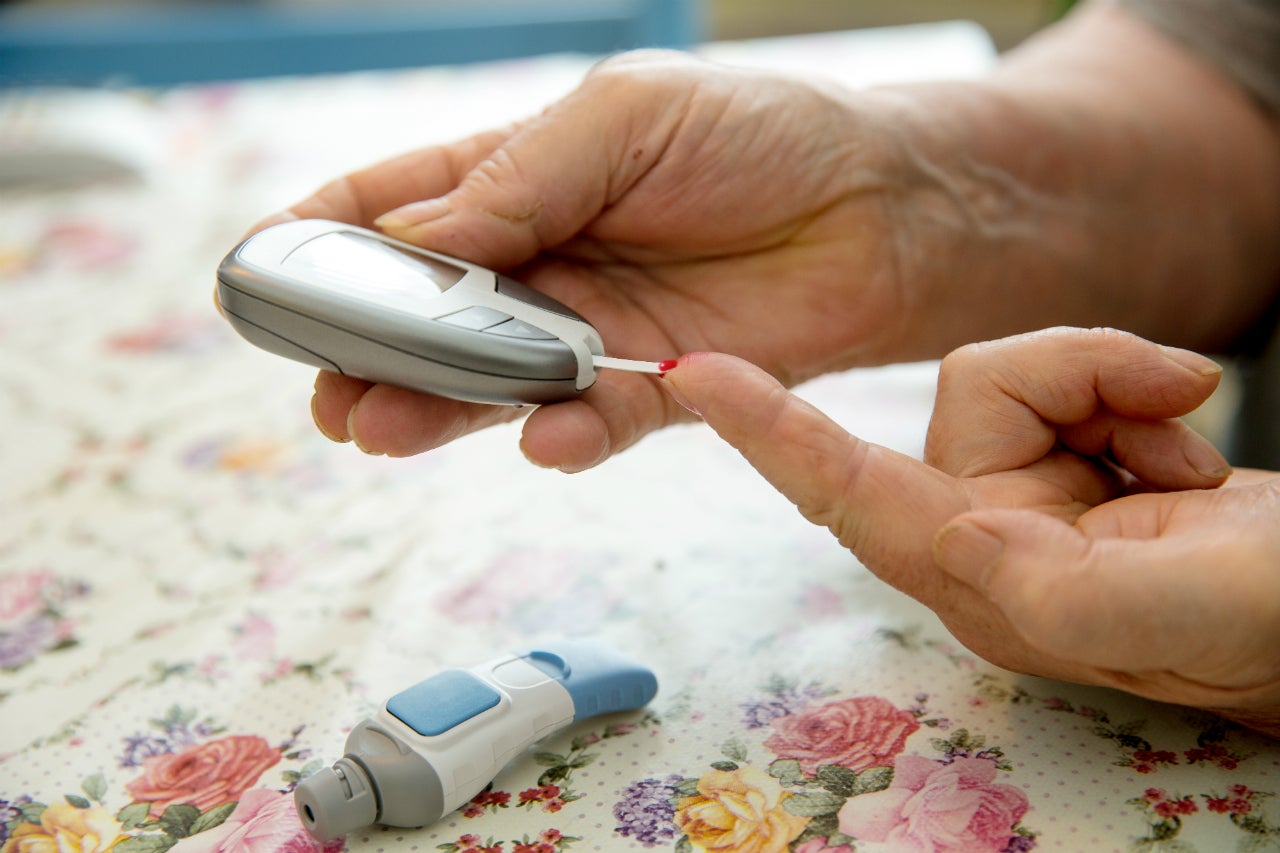On 8 December, the Juvenile Diabetes Research Foundation (JDRF) announced the launch of their groundbreaking screening initiative for type 1 diabetes (T1D), which aims to make early detection of T1D easier and more accessible to the broader population. T1Detect is a screening education and awareness programme where families can order antibody test kits by Enable Biosciences to their home, mail back the finger prick test, and receive their results online. In 2018, Enable Biosciences was awarded an NIH Small Business Innovation Research Grant of $1.5m to develop low-cost and multiplex tests for T1D. JDRF is also providing financial assistance for the cost of the screening. If T1Detect is able to successfully address the financial and distribution barriers of population screening, GlobalData expects the T1Detect Screening Initiative to validate the proposed impact of current pipeline disease-modifying therapeutics and drive the market further toward early-onset treatment, in addition to improving T1D awareness.
Approximately 85% of people with T1D have no family history of the disease, which emphasises the need for expanded testing and greater population screening. Key opinion leaders (KOLs) interviewed by GlobalData had mixed feelings about early detection without an accessible preventative treatment. An EU KOL noted concerns over the ethics of screening if there is nothing to offer in terms of treatment as there is currently no approved disease-modifying therapies and treatment with exogenous insulin is not prescribed until the onset of symptoms. In addition, as autoantibodies appear over time, the cost of consistent testing may prove to be a burden unless accessible programmes are consistently established and encouraged. Despite these concerns, there are clear clinical benefits of early screening.
In studies funded by JDRF such as FR1da, TrialNet, INNODIA, and ASK, researchers found that T1D screening was able to reduce cases of diabetic ketoacidosis (DKA). In FR1da, antibody screening signalled potential T1D and, as a result, families were able to catch typically overlooked symptoms. Currently, patients with T1D are ultimately diagnosed once symptoms of T1D occur such as extreme thirst, frequent urination, and vomiting, all of which are difficult to identify as T1D on their own. If untreated by exogenous insulin at this stage, the patient is likely to develop DKA, which can lead to death. Approximately a third of diagnosed patients present with DKA and DKA at diagnosis of T1D in children is predictive of poor long-term glycemic control and correlates to a greater risk of complications.
In addition to long-term management benefits, early screening provides an opportunity to actively combat the destruction of insulin-producing beta cells. By the time symptoms of T1D occur, more than 80%–90% of insulin-producing beta cells will have been destroyed, but evidence of beta-cell autoimmunity through the presence of autoantibodies would have been present for many years prior.
The mass population T1D screening and awareness initiative is sponsored by Provention Bio, which has a vested interest in population screening as its preventative T1D therapeutic is currently under review by the Food and Drug Administration (FDA). Provention Bio is not the only company whose therapeutic commercial success would depend on the greater availability of testing. While there are currently no disease-modifying therapeutics in T1D, the late-stage T1D pipeline has seven therapeutics, including those from Johnson & Johnson, Diamyd, and Dompé Farmaceuti, that rely on early detection for their therapeutics to optimise beta-cell protection and, in some cases, regeneration.

US Tariffs are shifting - will you react or anticipate?
Don’t let policy changes catch you off guard. Stay proactive with real-time data and expert analysis.
By GlobalData




